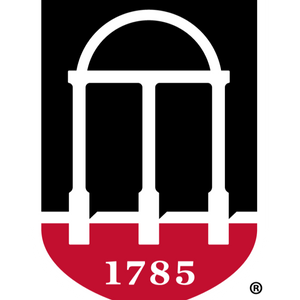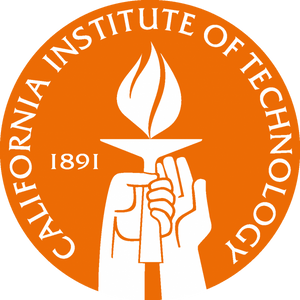

writing cvs and resumes
differences between a cv and a resume
-
Length and Detail:
-
CV: Typically longer and more detailed, providing a comprehensive overview of your academic and professional history. It may include details such as research projects, publications, presentations, and academic achievements.
-
Resume: Generally shorter, usually limited to one or two pages, and focused on highlighting key skills, experiences, and achievements. It may exclude detailed information about academic research.
-
-
Purpose:
-
CV: Commonly used in academic settings and research-oriented fields. It emphasizes research experiences, academic achievements, and a detailed chronological history.
-
Resume: Widely used in non-academic and industry settings. It highlights relevant skills, work experiences, and achievements, often tailored to a specific job or internship.
-
-
Structure:
-
CV: Follows a chronological format, providing a detailed account of your academic and professional journey. It includes sections like education, research experience, publications, presentations, awards, and affiliations.
-
Resume: Can be organized in a chronological or functional format. It typically includes sections such as contact information, objective or summary, education, work experience, skills, and achievements.
-
-
Emphasis on Skills:
-
CV: Emphasizes academic and research-related skills, such as data analysis, laboratory techniques, and specific research methodologies.
-
Resume: Places a strong emphasis on transferable skills applicable to various professional settings, including communication, teamwork, problem-solving, and technical skills.
-
-
Publications and Research:
-
CV: Includes a section for publications, research projects, conference presentations, and academic honors.
-
Resume: May include a section for relevant research experience but tends to be more concise, focusing on the practical applications of skills and knowledge.
-
-
Customization:
-
CV: Tends to remain relatively static, with updates primarily for new academic or research achievements.
-
Resume: Is often tailored for each job application, emphasizing experiences and skills relevant to the specific position.
-
-
Objective Statement:
-
CV: May or may not include a career objective; the focus is on academic and research goals.
-
Resume: Often includes a clear and concise objective statement, indicating career goals and how your skills align with the position.
-
General Tips
-
Use templates provided by UGA or other universites.
-
Keep your writing concise. Highlight most important aspects of each section.
-
Use power verbs as the first word for each bullet point. Ex:
-
I analyzed the effects of music on plant growth.
-
Analyzed the effects of music on plant growth. (Better)
-
-
Use numbers to quanitify your experiences and achievements.
-
Organized a banquet for URC.
-
Organized a banquet for over 50 attendees for URC. (Better)
-
-
For resumes, highlight the most relavent information for the specific application because space is limited.
-
For CVs, organize the sections so the most relavent or impressive achievements or experiences are towards the beginning.
Other resources
Highly recommended resources when creating a CV or resume.





